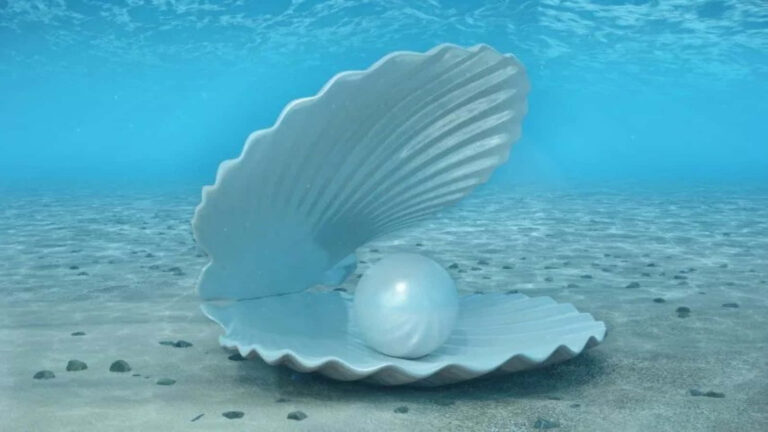Meaning, History, and Origin
- Meaning: Margarita is a feminine given name with Latin origins, derived from the Greek name Margarites, meaning “pearl.” It symbolizes purity, beauty, and preciousness, akin to the lustrous gemstone.
- History and Origin: Margarita has a rich history dating back to ancient times, with roots in Greek and Latin cultures. It has been used as a given name across various languages and regions, evolving over centuries.

Usage and Popularity
- Usage: Margarita is a widely used name across many cultures and countries, including Spanish-speaking regions, Eastern Europe, and beyond.
- Popularity: Margarita has maintained steady popularity over the years, often ranking among the top names for baby girls in countries like Spain, Russia, and Ukraine.
Namesakes
- Margarita of Austria: A prominent historical figure, Margarita of Austria (1584-1611) was the daughter of King Philip II of Spain. She was known for her intelligence, beauty, and diplomatic skills.
Name Day
- In the Christian calendar, the name Margarita is associated with Saint Margaret, who is celebrated on July 20th. Individuals named Margarita may choose to celebrate their name day on this date.
Interesting and Fun Facts
Cocktail Connection
The name Margarita is also associated with the popular cocktail of the same name, believed to have been created in the 1930s. The cocktail typically consists of tequila, lime juice, and triple sec, served with salt on the rim of the glass.
Literary References
Margarita is a character in Mikhail Bulgakov’s novel “The Master and Margarita,” a masterpiece of Russian literature. The character Margarita embodies strength, passion, and the pursuit of freedom.
Botanical Inspiration
The name Margarita shares its roots with the daisy flower (Bellis perennis), known as “margarita” in Spanish, further emphasizing its association with purity and beauty.
Where did the name Margarita originate?
The name Margarita originated from Latin and Greek cultures, derived from the Greek name Margarites, meaning “pearl.” It has been used as a given name across various languages and regions.
Is Margherita a girl’s name?
Yes, Margherita is a feminine given name, particularly common in Italian-speaking regions. It is a variant of the name Margaret or Margarita.
Is Margarita a German name?
While Margarita is not inherently a German name, it is used in German-speaking countries and is recognizable across many cultures due to its Latin and Greek origins.
What is called Margarita?
Margarita is a popular cocktail consisting of tequila, lime juice, and triple sec, often served with salt on the rim of the glass. It is believed to have originated in Mexico in the 1930s.
Which language is margarita?
Margarita is a name that transcends language barriers, as it is used in various languages and cultures worldwide, including Spanish, Italian, Russian, and others.
Does margarita mean daisy?
No, margarita does not directly mean “daisy.” However, the name Margarita shares its etymological roots with the Spanish word for daisy, further emphasizing its association with purity and beauty.
Does margarita mean flower?
While margarita does not directly translate to “flower,” it is associated with the pearl-like qualities of the margarita cocktail and the lustrous beauty of the gemstone, symbolizing purity and elegance.
What flower is called margarita?
In Spanish, the daisy flower (Bellis perennis) is called “margarita,” sharing its name with the cocktail and the given name Margarita.
Does daisy mean true love?
In the language of flowers, the daisy symbolizes innocence, purity, and loyal love, rather than specifically “true love.” It conveys sentiments of affection and simplicity.
What flower means love?
Several flowers symbolize love, including the red rose, which is perhaps the most well-known symbol of love and passion. Other flowers associated with love include the tulip, orchid, and peony, each with its unique nuances of affection and romance.
- Best LeadsGorilla Alternatives for 2025 - April 26, 2025
- Best Overloop Alternatives for 2025 - April 25, 2025
- Best Lead411 Alternatives for 2025 - April 25, 2025

